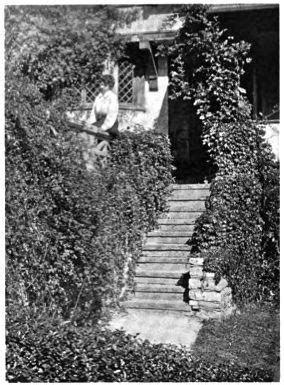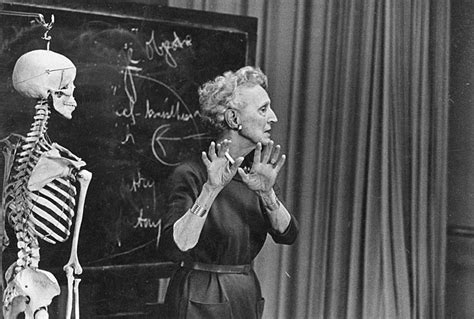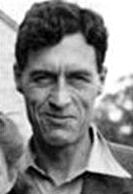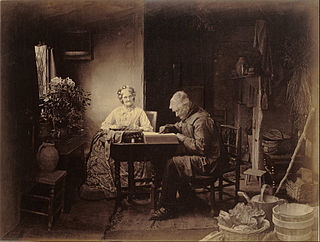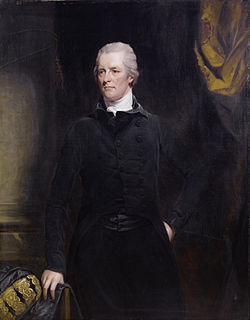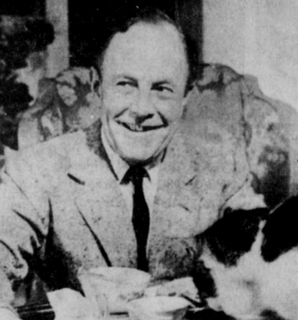A Quote by Louise Wilder
In his garden every man may be his own artist without apology or explanation. Here is one spot where each may experience the "romance of possibility".
Related Quotes
In his garden every man may be his own artist without apology or explanation. Each within his green enclosure is a creator, and no two shall reach the same conclusion; nor shall we, any more than other creative workers, be ever wholly satisfied with our accomplishment. Ever a season ahead of us floats the vision of perfection and herein lies its perennial charm.
It is a proverbial expression that every man is the maker of his own fortune, and we usually regard it as implying that every man by his folly or wisdom prepares good or evil for himself. But we may view it in another light, namely, that we may so accommodate ourselves to the dispositions of Providence as to be happy in our lot, whatever may be its privations.
In whatever area in life one may meet the challenges of courage, whatever may be the sacrifices he faces if he follows his conscience - the loss of his friends, his fortune, his contentment, even the esteem of his fellow men - each man must decide for himself the course he will follow. The stories of past courage can define that ingredient - they can teach, they can offer hope, they can provide inspiration. But they cannot supply courage itself. For this each man must look into his own soul.
Clearly the hardest thing for the working artist is to create his own conception and follow it, unafraid of the strictures it imposes, however rigid these may be... I see it as the clearest evidence of genius when an artist follows his conception, his idea, his principle, so unswervingly that he has this truth of his constantly in his control, never letting go of it even for the sake of his own enjoyment of his work.
Every child has a right to know how to achieve control of his body in order that he may use it to the limit of his ability for the expression of his own reactions to life. Even if he can never carry his efforts far enough to realize dance in its highest forms, he may experience the sheer joy of the rhythmic sense of free, controlled, and expressive movement, and through this know an addition to life to which every human being is entitled.
The wise man does nothing but what can be done openly and without falseness, nor does he do anything whereby he may involve himself in any wrong-doing, even where he may escape notice. For he is guilty in his own eyes before being so in the eyes of others; and the publicity of his crime does not bring him more shame than his own consciousness of it.
A mediocre man copying nature will never produce a work of art, because he really looks without seeing, and though he may have noted each detail minutely, the result will be flat and without character... the artist on the contrary, sees; that is to say, his eye, grafted on his heart, reads deeply into the bosom of nature.
